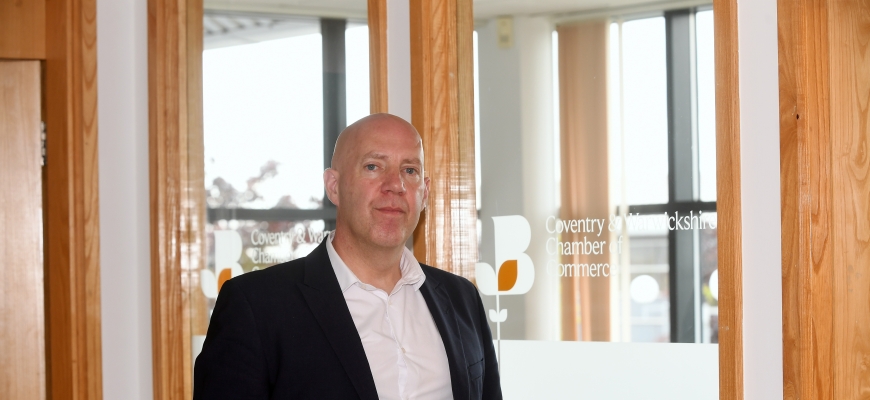
Businesses across Coventry and Warwickshire face another financial headache after interest rates were raised to three per cent.
The Bank of England announced the 0.75 percentage point rise in a bid to curb high inflation, which stands at above 10 per cent.
But Corin Crane, chief executive of the Coventry and Warwickshire Chamber of Commerce, said using interest rate hikes as the only tool to bring down inflation – caused by a range of global factors – would not help firms across the region.
He said: “The traditional method to get inflation under control is to push up interest rates.
“But that presumes a level of confidence and demand in the economy that is driving up prices. We are, however, seeing the reverse. Companies across Coventry and Warwickshire are seeing costs increase due to a range of factors such as energy prices and issues in the supply chain.
“Now, if they need to borrow, those costs are going to rise too and it will be a further dent to confidence.
“The Bank of England’s stark warning for recession will have further added to businesses’ concerns and we will be watching with great interest for the Government’s financial statement on November 17 in the hope that the Chancellor, alongside the new Prime Minister, sets out a strategy for the UK economy which provides the foundation for a more stable period.”
David Bharier, Head of Research at the British Chambers of Commerce (BCC), said: “The decision to raise the base rate to three per cent comes as no surprise following the market turmoil caused by September’s mini-budget.
“The Bank has laid down a clear marker that it intends to bring inflation down by placing further pressure on consumer demand.
“But raising the interest rate is a very blunt instrument to control inflation that is largely the result of global factors, including soaring energy costs and supply chain disruption.
“This is further bad news for businesses who find themselves trapped between rising costs of raw materials, energy and borrowing, and weakening consumer demand.
“The Bank is now clearly indicating the UK economy is set for a prolonged recession. Our own research shows that business confidence has been falling at an alarming rate over recent months, driven by runaway inflation.
“But even as evidence of a recession mounts, cost pressures on businesses may yet continue as the energy price cap expires next April.
“With the Chancellor and Prime Minister both signalling that the Autumn Statement is likely to result in spending cuts and tax rises, businesses will be extremely worried about what the future holds.
“It is crucial that the Government sets out a long-term plan that stabilises the economy and focuses on growth.”
